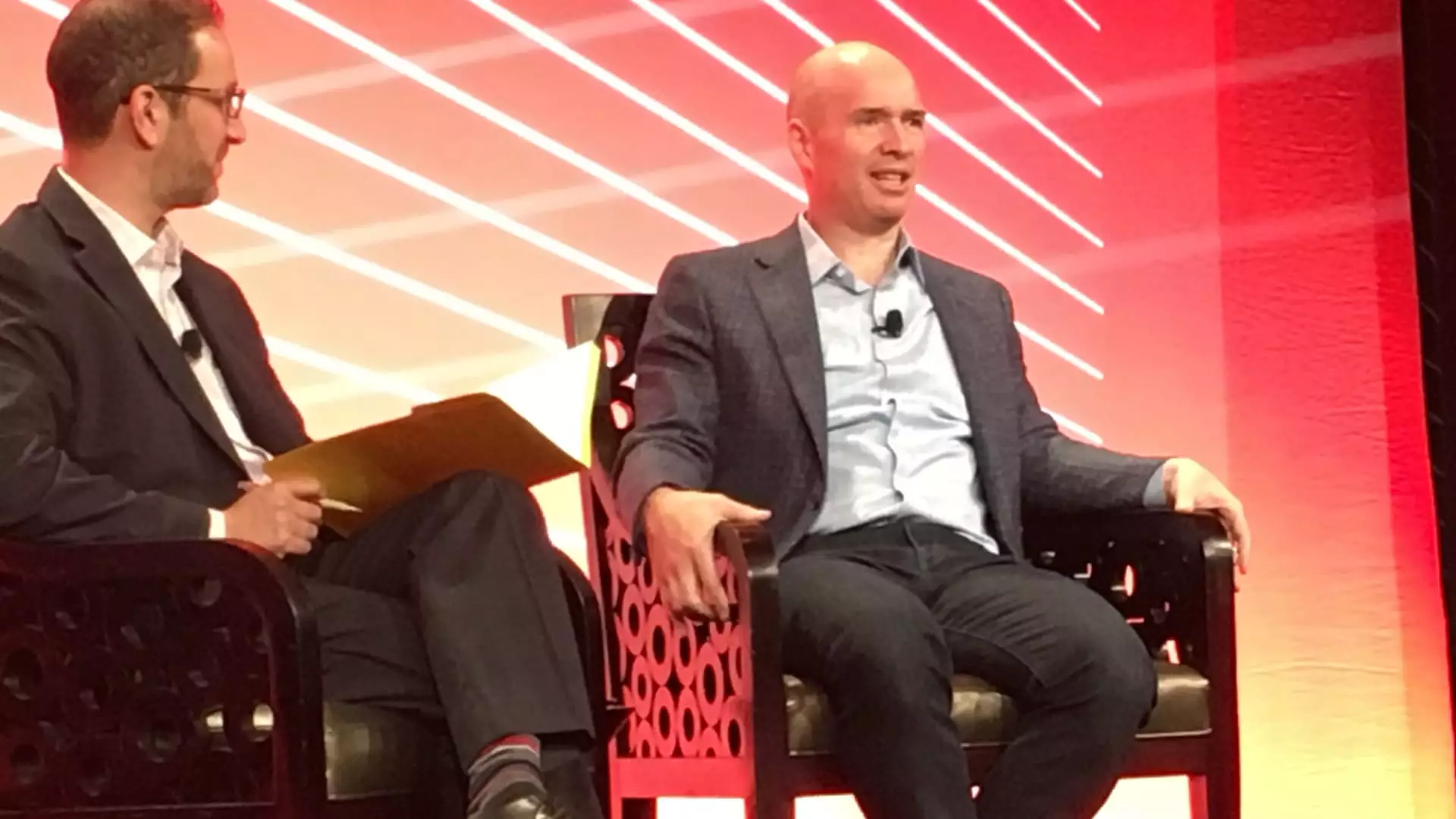In a remarkable turn of events, Ben Horowitz, co-founder of the influential venture capital firm Andreessen Horowitz, has made headlines with his recent political donation to Vice President Kamala Harris’ campaign. Just months after publicly announcing support for Donald Trump’s bid for the presidency, Horowitz’s pivot signifies not only a personal choice but also a broader commentary on the shifting political landscape within Silicon Valley.
The announcement of Horowitz’s support comes as a surprise, given the firm’s previously stated alignment with Trump’s political agenda, which they referred to as the “little tech agenda.” This initial support was outlined in a blog post, where the firm emphasized its focus on defending small tech entities and engaging only in political matters relevant to that mission. Horowitz’s earlier commitment to Trump’s campaign highlighted a clear partisan stance that now contrasts sharply with his newfound backing for Harris.
Longstanding Ties Influence Political Contributions
In a letter sent to employees, Horowitz cited his longstanding friendship with Harris and emphasized the personal relationship he and his wife, Felicia, have had with her over the past decade. Such ties, he argues, compel them to support her candidacy. This personal angle sheds light on the intricacies of political engagement within the world of venture capital, where relationships can often dictate financial support and influence.
It is crucial to recognize that political donations in the tech industry are often about more than just ideology; they are connected to networking, influence, and future opportunity. Horowitz’s shift may suggest a broader trend among investors who are reevaluating their strategies in a politically polarized environment. By supporting Harris, he could be aligning with a candidate viewed as more favorable for tech investments, especially given the Biden administration’s efforts to regulate large technological firms and its stance on crypto initiatives.
The Implications for Venture Capital and Political Engagement
This decisive action from Horowitz raises questions about the impact of political donations on venture capital dynamics. Investors often weigh the potential for legislative support against the risks of alienating certain factions within the industry. Horowitz clearly believes that backing Harris can serve as a strategic move to protect the interests of the startup ecosystem he is part of.
However, this change also underscores a more significant debate within the tech sector regarding the role that companies and their founders should play in politics. As political tensions rise and the economic landscape shifts, venture capitalists may find themselves needing to navigate increasingly complex relationships.
Horowitz’s donation to Kamala Harris may set a precedent for future political engagements among tech leaders. His pivot illustrates that personal relationships often supplement ideological commitments in the political realm. As the 2024 election approaches, it will be fascinating to observe how these developments affect the strategies of both venture capitalists and the politicians vying for their support. The intersection of technology and politics is ever-evolving, and Horowitz’s recent actions could signify new trends in how venture capitalists align themselves in the political arena.

